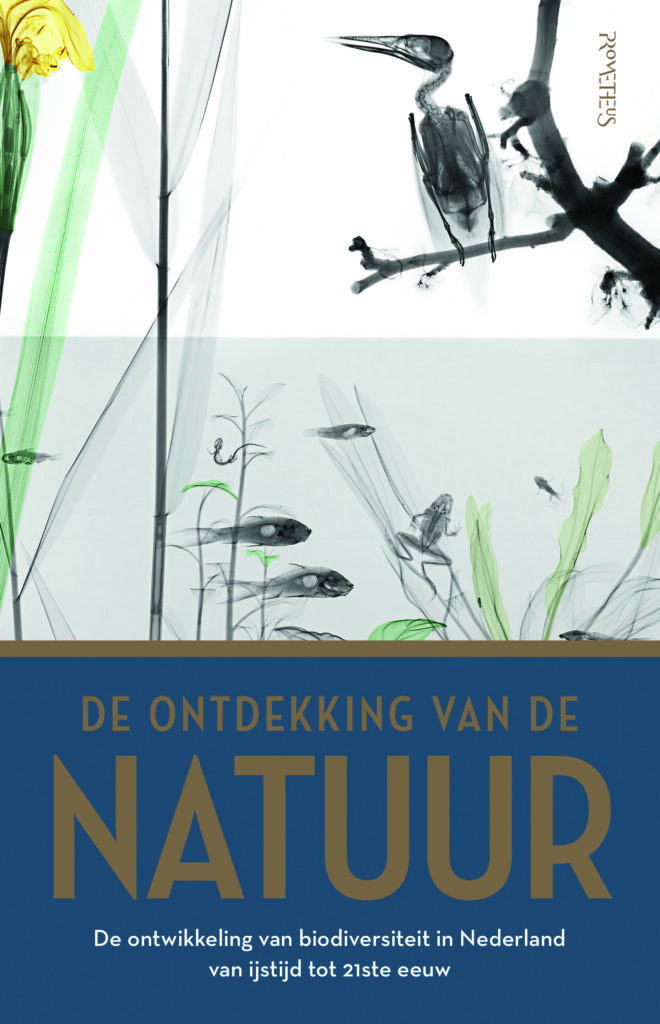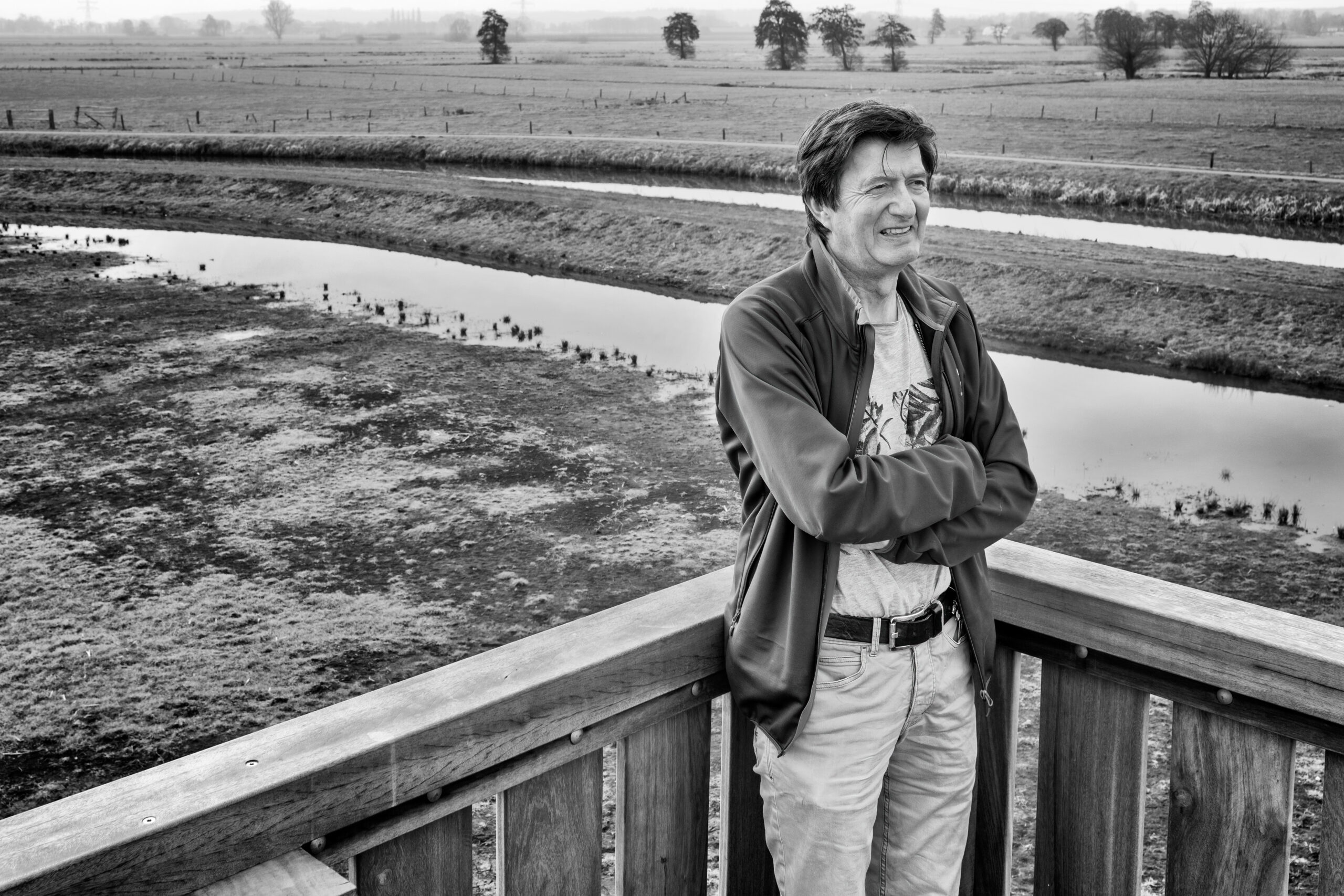Professor of Systems Ecology Joop Schaminée (Wageningen and Nijmegen) wrote the book together with historical ecologist Rob Lenders (Nijmegen), professor of Economic History Jan Luiten van Zanden (Utrecht) and historical ecologist Thomas van Goethem (National Institute for Public Health and Environment RIVM). The book came out of Athena, a citizen science project that brings historical sources together in a study of the history of nature. It produced so much material that a book was inevitable.
The book aims to bridge the gulf between biology and history. What do you mean by that?
‘To understand the present, you’ve got to know about the past. That provides a basis for reflection and a perspective on the future. That goes for nature too. Historical landscape ecology is a new subject area. I am currently supervising a PhD student who is working on the history of peat-cutting in the Peel area. Such interesting things are coming out of that research. Half of the peat in the Peel had already been dug out before commercial peat-cutting started there. Just by people cutting turf for their own stoves at home.’
Plants and animals don’t have to be useful
You focus on biodiversity. Isn’t there more to nature than that?
‘The main story is that of the changing landscapes and the ecological communities and species they harbour. We seek to put that in a historical perspective. So there is much more to it than biodiversity. Actually, I think that’s an ugly and confusing word. A wealth of species is not the only important thing in nature. The uniqueness, interchangeability and vulnerability of that diversity are also important factors.’
Thanks to human intervention, a lot of nature has been lost but – in the Netherlands at least – surely a lot of nature has been created too?
‘Absolutely! That has always been my message. Our location in the delta of the big rivers makes for a lot of biodiversity. And human influence is very important too. Humans have enriched the landscape tremendously. Without humans, the only diversity here would be of forest vegetation, apart from a handful of dynamic spots along the coast or the big rivers. Our nature is domesticated and is 95 per cent human-made.’

So the present situation is just the next stage in that development. What are we getting so upset about?
‘We are getting upset because we are losing things of value to us. Top predators, spectacular species. Besides, I think plants and animals have their own right to exist and have an intrinsic value in our world. They don’t have to be useful to us or deliver an ecosystem service. I think we have a responsibility towards nature anyway. I am a big fan of the semi-natural landscape. Openness, thickets, a bit of water, and some woods. That is heaven on earth for us northern Europeans. Just look at the work of the landscape painters of the 17th century. But that paradise can’t exist without human intervention. It would all turn into forest.’
You call that intervention the Second Domestication of nature. What do you mean by that?
‘The First Domestication was the transition from hunter-gatherer societies to agricultural ones. We learned to manipulate animals and plants. Animals were bred and plants were cultivated. In fact, we are now busy with a second phase of making nature do our bidding. We are doing all we can to give nature space and to create new nature. There are countless projects, large and small, that aim at developing nature. You couldn’t name a creature or a plant that we don’t have a working group for.’
I don’t want to paint a black picture of the future
Isn’t it arrogant to want to control nature?
‘We take a critical look at that issue in this book too. You don’t have to applaud all the developments you see. It is and will always be manipulation. You might also say, just leave it alone! But the consequence of that is that we would lose very many species. A lot of the species in our country exist because of human intervention over thousands of years. And then there’s the question of our responsibility. If we stop intervening, things will happen that we cannot justify. Look at what is happening in the Oostvaardersplassen.’
Is De ontdekking van de natuur a hopeful book?
‘I’m optimistic. It is becoming increasingly clear that we have reached a limit. The call to stop ultra-intensive livestock farming, for instance, is getting ever louder. Projects such as “Room for the River” lead to amazingly beautiful nature. I’m optimistic about the current level of awareness of nature, biodiversity and the role that people play in them. At the same time, I could also paint a very black picture of the future. But I don’t want to do that. Things are changing. The only question is: are we too late?’

 ‘Humans have enriched the landscape tremendously. Without humans we would only have a diversity of forests here.’ Photo Guy Ackermans
‘Humans have enriched the landscape tremendously. Without humans we would only have a diversity of forests here.’ Photo Guy Ackermans